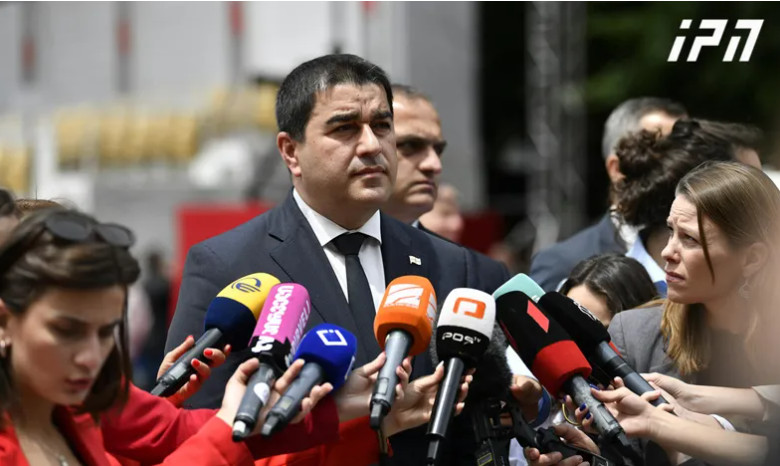
TBILISI, DFWatch–The European Union’s Foreign Affairs Council will meet on June 23, and the political situation in Georgia is one of the items on the agenda.
Ahead of the meeting, some European leaders, including Poland’s PM Donald Tusk, have been lobbying member states to adopt tougher measures in order to pur pressure on Georgia on perceived democratic backsliding. Tusk and others want to suspend the visa liberalization program that has allowed Georgian citizens to enter the Schengen Area without a visa since early 2017.
Such a move, which requires the consent of two thirds of 27 member countries, would mark a significant escalation in tensions between Brussels and Tbilisi.
The meeting comes as the EU finalizes new criteria and procedures allowing for more targeted suspensions of visa-free travel. Under the updated rules, which still await formal adoption, the EU may suspend visa-free access not just for an entire country’s population but selectively—for example, limiting the restriction to government officials and diplomats deemed responsible for breaches of fundamental rights or external commitments.
Under the current rules, all citizens of the target country will have their visa-waiver rights suspended in stage two of such measures. With the new rules that have been agreed, stage two could also see targeted visa suspension for those government officials deemed responsible for the undemocratic tendencies that would motivate such a decision.
The EU previously decided in January to partially suspend the visa-waiver program by restricting visa-free access for Georgian diplomats and officials, citing concerns over democratic backsliding and the erosion of rule of law. That decision was widely viewed as a warning signal to Georgia’s ruling GD party. The Union could move to escalate that pressure on Monday, and discussions are likely to deal with targeted vs full visa-restrictions.
Speaker of the Georgian Parliament Shalva Papuashvili has condemned the move as unjustified and harmful, arguing that “there is no basis whatsoever” for halting the visa-waiver program. He suggested that Georgia’s independence and national interests must come before what he described as “moral blackmail”.
Some European officials, including EU’s ambassador to Georgia, argue that it would wrong to punish regular Georgians for actions by their leaders.

